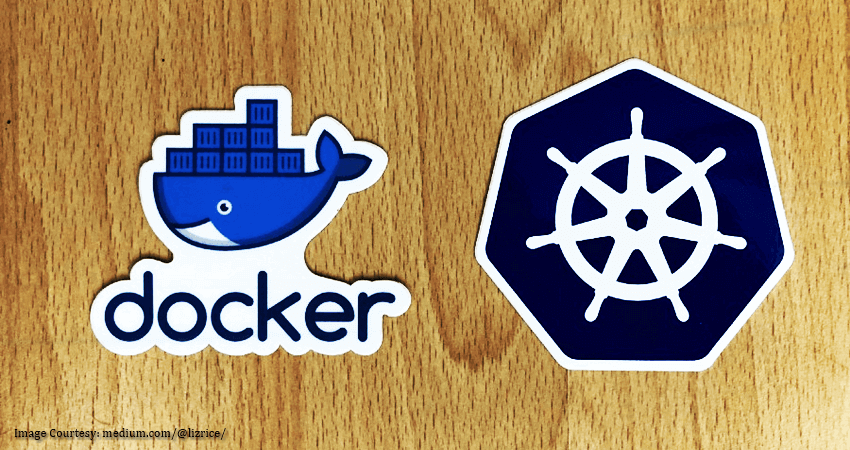Kubernetes and Docker
These two remarkably popular platforms adopted for managing containers and much more may seem to be competing technologies.
Kubernetes and Docker are essential if you are willing to build a modern cloud infrastructure and run it.
Kubernetes and Docker are popular as ‘managing containers’, and it may seem that they are in each other’s competition right now.
Nevertheless, by the end of this article, you will find out that they, in many ways are actually complementary.
These systems provide many techniques to build and manage virtual containers. But their systems differ significantly. Furthermore, they can even work together.
What is Kubernetes?
Kubernetes is an open-source container management system or a container-orchestration designed by Google.
The CNCF (Cloud Native Computing Foundation) manages it now. It aims at providing, automating deploy, scaling, and managing operations for developers interested in Linux containers.
What is Docker?
Docker is an open-source virtualization technology known as a containerization platform for software containers.
Docker introduces a simple way to construct, deploy and run containers on Linux machines. They now can run on Windows too.
They build a hierarchy of images to compose and create brand new images. Docker has its own clustering solution for its containers known a the Swarm.
It uses its own API. Docker’s Swarm provides a way to manage and maintain a large number of containers dispersed across several server clusters.
To deploy containers in a cluster, its filtering and scheduling system enables the selection of optimal nodes.
Docker is right now, the most popular container platform. Whereas, Kubernetes is the market leader and the standardized means of orchestrating containers and deploying distributed applications.
So the real comparison can be amongst Kubernetes and Swarm, not Docker itself. That is the difference between docker and Kubernetes that most the people don’t get at the start.
Kubernetes uses Docker as its primary container-engine solution. Furthermore, Docker recently declared support for the k8s across its enterprise platform as the orchestration layer.
Moreover, Docker has now Certified Kubernetes™ program approval. This certification assures that all K8s API functions work precisely.
Also, the k8s uses some new aspects of Docker EE inside Docker Enterprise like Secure Image Management.
Moreover, t is to verify outflows in one of the images used by the container. So, when it comes to ‘Docker’ and k8s rivalry, the two actually complement each other.
You May Also Like to Read:
Google’s new Continuous Integration and Continuous Delivery platform | Google Cloud Build
Top 5 Infrastructure as a Service (IaaS) providers in 2018
Hypervisor vs. Docker: What is the Difference between the Two?


